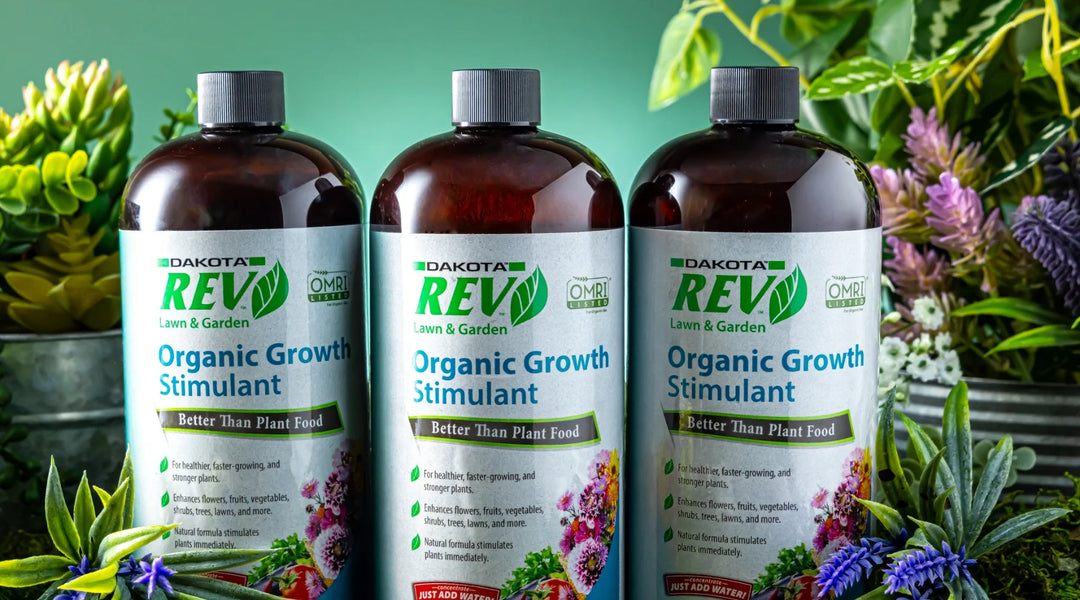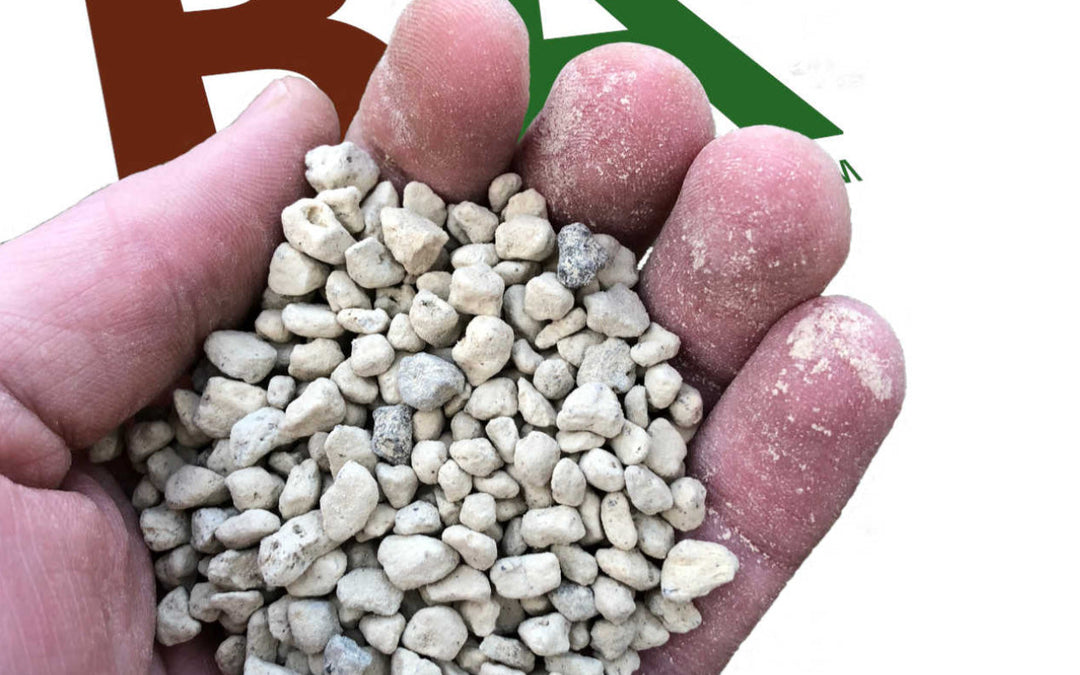Top Things to Know About Fulvic Minerals for Your Garden
Whether you're a gardening enthusiast, a professional horticulturist, or have a few backyard plants you want to see grow, you may have heard of the benefits of using fulvic minerals in your garden. But what exactly is fulvic acid, and how can it benefit your plants? In this blog post, we'll go over the top things to know about fulvic minerals so you can make an informed decision about whether or not they are suitable for you and your plants.
What is Fulvic Acid?
Fulvic acid is a naturally occurring compound in soil and water that has been used for centuries in agriculture and horticulture. It is made up of organic acids, trace elements, and minerals that help improve soil fertility. These components include nitrogen, carbon, hydrogen, and oxygen.
Another similar element is humic acid. Both compounds are humic substances, though they differ in the size of the molecules, the amount of carbon and oxygen in each, and how each acid supports the transfer of nutrients to plants.
How Does Fulvic Acid Help Plants?
Fulvic acid helps to provide essential nutrients - such as potassium and nitrogen - that are needed for healthy plant growth. It also increases the availability of micronutrients like zinc and iron, which can benefit certain plants. Additionally, this compound encourages beneficial bacteria and fungi in the soil, which can help boost nutrient uptake by plants and improve overall health.
Although fulvic minerals help improve the plant's growth, they aren't a fertilizer or plant food. However, as long as your plant has green leaves and relies on photosynthesis, it will benefit from the addition of fulvic minerals by helping all of the plants draw as many of the nutrients out of the soil as possible.
Benefits of Fulvic Minerals for Plants
- Increasing water retention in soil
- Making it easier for roots to absorb nutrients from the soil
- Breaking down organic matter into simpler forms
- Stimulating flowering and growth
- Protecting from diseases and environmental stress
- Decreasing toxins
Hydrating Your Soil with Fulvic Acid

Keeping your soil – and ultimately your plants – hydrated can be challenging if you garden or grow plants in the heat. However, ensuring your plants receive the water they need is beneficial for overall growth and retaining and using the nutrients you provide. Fulvic acid helps loosen dense soil to improve aeration and water infiltration, which helps improve hydration in your garden.
Nutrient Absorption
One of the most significant benefits of adding fulvic minerals to your garden and crops is to help increase the number of nutrients absorbed. Fulvic acid increases the uptake and absorption of nutrients by chelating, or binding, to the various minerals in the soil. As a result, it's easier for plants to absorb chelated minerals. This means that the plants use the nutrients more effectively, producing better results.
Disease Protection by Fulvic Acid
Think of fulvic acid as the apple in the age-old saying about how an apple a day keeps the doctor away. Likewise, adding these minerals to your garden can help improve your plants' immune systems. Strong immune systems mean plants are less likely to be impacted by diseases, and if they are affected, they can recover faster.
Toxin Levels and Fulvic Minerals
As we mentioned earlier, fulvic acid attaches itself to various elements. When it comes to decreasing toxins, this quality is particularly helpful because these minerals bind to harmful toxins to help remove them from the tissue of the plant. Adding fulvic minerals to your soil also helps plants engage in self-detoxification, which reduces stress.
How Do You Use Fulvic Acid in Your Garden?
Fulvic acid can be applied directly to the seeds, added as part of a fertilizer mix or on its own, or sprayed directly onto the plants. To use as a seed supplement, dilute four ounces of fulvic acid in one gallon of water and spray on your seeds before you plant them.
For fertilizer applications, mix four-to-six ounces of fulvic minerals per gallon of water. You can apply this mixture two to three times throughout the plant's growing season, particularly when plants are beginning to bud or produce fruit. Fulvic minerals can also be used in irrigation systems to support root growth by mixing between four and eight ounces of liquid with each gallon of water.
Fulvic minerals can be used in nearly every type of agricultural application, including:
- Nurseries
- Golf courses
- Home gardens
- Specialty farming
- Hydro-, aero-, and aquaponics
- Fertilizer
- Soil blends
Regardless of your application style, garden size, or growth goal, be sure to wear gloves and other protective gear when preparing or applying fulvic minerals. These compounds, although natural, can irritate your skin in instances of direct contact.
Are There Any Drawbacks?

While fulvic acid can be beneficial for plants, you should consider some drawbacks before using it in your garden. Although fulvic minerals are great for helping plants grow stronger and produce more, they are only compatible with some types of fertilizers. Make sure to do your research before applying any new products in your garden to avoid mixing compounds that can be harmful to you or your plants.
As with most areas in life, fulvic minerals fall under the category of 'you can have too much of a good thing.' When adding these nutrients to your garden or crops, make sure that you carefully measure and even test your soil beforehand. Following the directions for application can help prevent any nutrient imbalance, which can have the opposite effect as intended on your crops.
Another thing to consider is the stability of fulvic minerals in certain situations. For example, when compared to humic, fulvic acid isn't as stable within the soil. However, when the circumstances are right, these minerals make a great addition to your garden.
For those looking to improve their garden's fertility and health, consider introducing fulvic minerals into your routine. This natural compound provides essential nutrients that promote healthy plant growth while helping retain moisture in the soil to maximize the overall success of your crops. Whether you're planting a small garden or preparing to embark on the creation of an organic farm, adding fulvic minerals to your range of soil supports can prove to be an invaluable resource in maintaining healthy plants.








Leave a comment